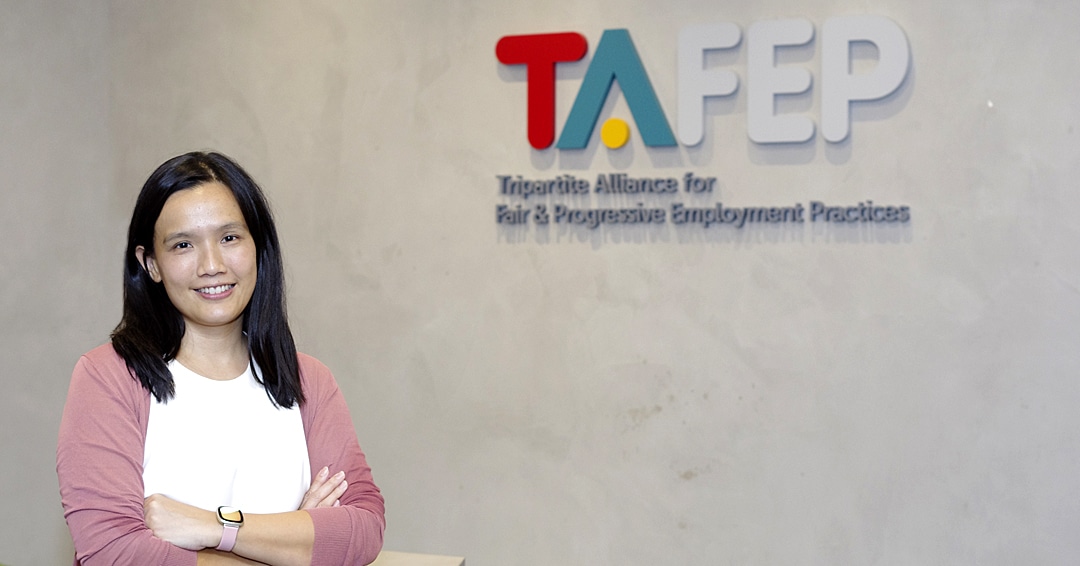Singapore is set to introduce legislation to prohibit workplace discrimination on the basis of five key characteristics: age, nationality, sex, marital status, pregnancy status, caregiving responsibilities, race, religion, language, disability, and mental health conditions.
This is a significant step forward in the fight against workplace discrimination, but will it be enough to change the culture of discrimination that still exists in Singapore?
The problem of workplace discrimination in Singapore
Workplace discrimination is a widespread problem in Singapore, affecting workers of all backgrounds. According to a 2021 survey by the Tripartite Alliance for Fair and Progressive Employment Practices (TAFEP), nearly one in five workers in Singapore had experienced some form of workplace discrimination in the past year.
The most common forms of workplace discrimination reported in the survey were age discrimination (19%), sex discrimination (17%), and racial discrimination (14%). Other forms of discrimination, such as disability discrimination and discrimination on the basis of sexual orientation, were also reported by a significant number of workers.
The impact of workplace discrimination
Workplace discrimination can have a devastating impact on workers’ lives. It can lead to lost job opportunities, lower pay, and less favorable working conditions. It can also damage workers’ mental and emotional health.
Discriminated workers are also more likely to experience job insecurity and unemployment. A study by the Singapore Management University found that discriminated workers are 30% more likely to be unemployed than their non-discriminated counterparts.
The need for workplace discrimination legislation
The introduction of workplace discrimination legislation is a necessary step to address the problem of workplace discrimination in Singapore. Legislation will provide workers with a clear legal framework to protect their rights and to seek redress if they are discriminated against.
Legislation will also send a strong signal that workplace discrimination is not tolerated in Singapore. This will help to create a more inclusive and equitable workplace for all workers.
Will legislation change anything?
The introduction of workplace discrimination legislation is a positive step, but it is important to remember that legislation is only one part of the solution. It is also important to change the culture of discrimination that still exists in Singapore.
This can be done by educating employers and employees about their rights and responsibilities under the law. It is also important to promote diversity and inclusion in the workplace.
The success of the new workplace discrimination legislation will depend on the commitment of all stakeholders, including the government, employers, employees, and civil society organizations.
Listen to the Work It podcast episode on workplace discrimination
To learn more about workplace discrimination in Singapore and the potential impact of the new legislation, listen to the Work It podcast episode “Workplace discrimination: Will legislation change anything?“
Listen to the episode on Apple, Overcast, Spotify, Google Podcasts, or your favourite podcast platform.







